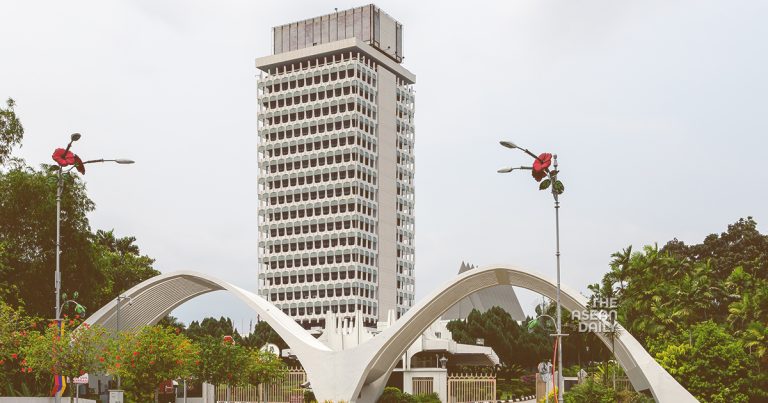22-2-2025 (KUALA LUMPUR) Malaysia has announced plans to review its contentious Security Offences (Special Measures) Act, sparking renewed debate about the balance between national security and civil liberties in the Southeast Asian nation.
Home Minister Saifuddin Nasution Ismail revealed to Parliament that the government would undertake a comprehensive review of the law, known locally as Sosma, with proposed amendments expected to be tabled by July. The announcement comes amid mounting pressure from civil society groups and recent unrest at Sungai Buloh Prison involving Sosma detainees and their families.
The current legislation, which permits authorities to hold suspects for up to 28 days without trial, has been a source of controversy since its implementation in 2012. The proposed reforms include establishing a dedicated court to expedite Sosma cases and reassessing the controversial no-bail provision that has drawn criticism from human rights advocates.
“We’re examining 73 offences currently covered under this Act to determine which cases might warrant judicial discretion regarding bail”, the Home Minister explained. The law presently encompasses various serious crimes, including terrorism, organised crime, and human trafficking.
Legal experts and civil society organisations have offered mixed reactions to the proposed changes. The Malaysian Bar Council has taken a firm stance, with its president Mohamad Ezri Abdul Wahab arguing that mere amendments are insufficient. “The fundamental flaws in Sosma require nothing short of complete repeal”, he stated.
The Human Rights Commission of Malaysia (Suhakam) has adopted a more measured approach. Commissioner Noor Aziah Mohd Awal welcomed the review whilst emphasising the need for eventual repeal. “Whilst national security remains paramount, we cannot overlook basic human rights and the right to a fair trial”, she remarked.
The law’s recent application has included high-profile cases such as the Ulu Tiram police station attack investigation and the detention of members of the Global Ikhwan Services and Business Holdings group over alleged human trafficking offences.
Former law enforcement officials have cautioned against hasty reforms. Crime expert Kamal Affendi Hashim stressed the importance of maintaining effective law enforcement capabilities: “Any modifications must ensure authorities retain their ability to combat genuine security threats”.
The proposed review marks a significant shift from Sosma’s predecessor, the Internal Security Act, which permitted detention without trial for up to two years. However, civil society groups argue that the current 28-day detention period still constitutes a violation of constitutional rights. rights organisation Suara Rakyat Malaysia has called for inclusive dialogue in the reform process. Its executive director, Sevan Doraisamy, emphasised the importance of involving civil society organisations and criminologists alongside security agencies in the deliberations.




